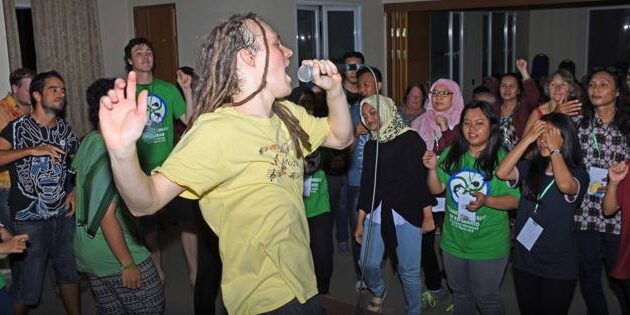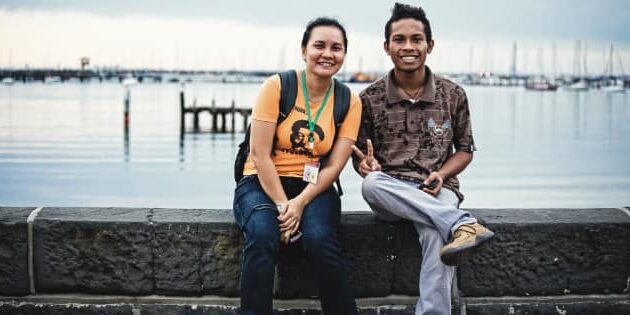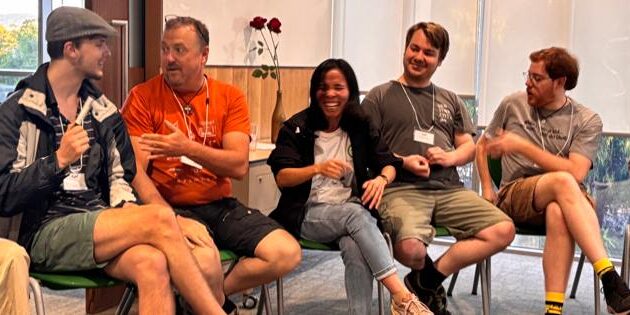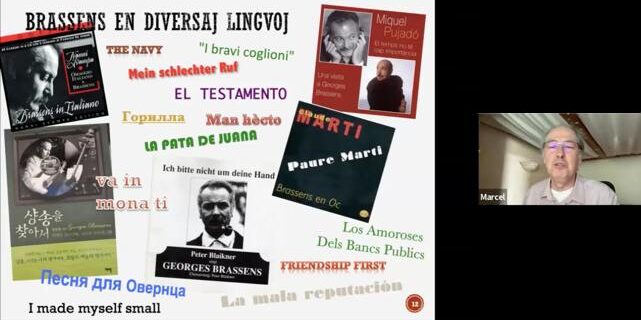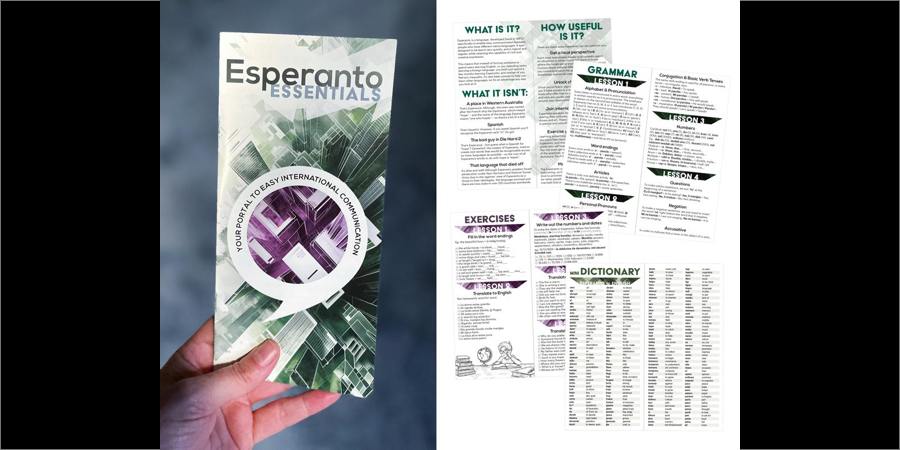The Australian Esperanto Association (AEA) is the national association of the speakers and supporters of the international language, Esperanto, in Australia.
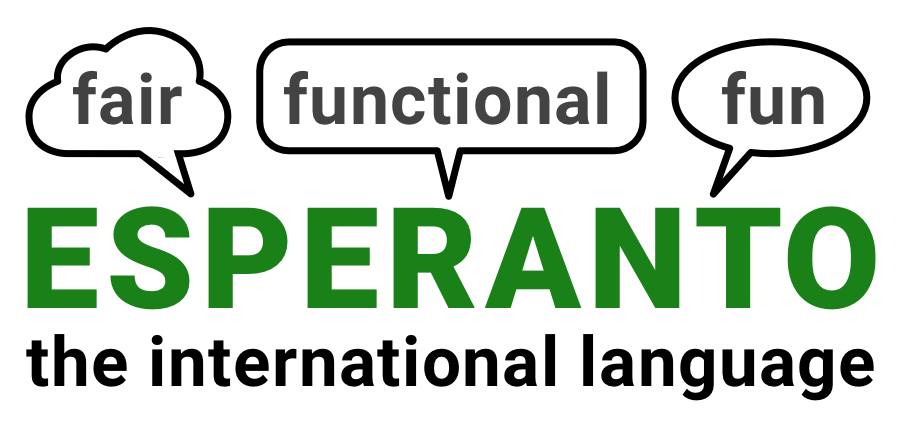
Esperanto is fair
Esperanto is neutral: it belongs to everyone.
National languages like English give an unfair advantage to their native speakers. People who have studied English for over ten years still feel at a disadvantage when they are talking with a native speaker.
English is rich and expressive, but is very time-consuming to master as a second language. Although a superficial knowledge of English is very common throughout the world, it is only the fourth most common native language.
Esperanto is functional
Esperanto is easier to learn than any national language. Once you know a few words and basic rules of grammar, you can start to create real sentences – this lets you advance very quickly. And it’s phonetic: if you see a word, you know how to pronounce it; if you hear a word, you know how to spell it.
But, it’s a real language (not a code): anything that can be said in a national language can be said in Esperanto. Many people use it daily.
Esperanto is fun
Because of the elegance of the language, the simplicity of the grammar and many recognisable words, you will soon be able to communicate fluently with other Esperanto speakers. You can video-chat, email or exchange messages with people of almost any country. There is even a worldwide network of free accommodation for Esperanto speakers. This not only saves you money but allows you to visit places that most tourists don’t get to see. Many international meetings that use Esperanto are held every year.
Many people of different nationalities have met and started families through Esperanto. Although it is sometimes called an artificial language, it feels very natural.
What is Esperanto?
Esperanto is a language specially planned and created as a neutral second language for people of all nations. Its purpose is to make communication easier between those with different mother tongues.
Originally developed in the 1880s, Esperanto has gained acceptance worldwide and is currently experiencing a resurgence, with more and more people discovering and learning it online.

